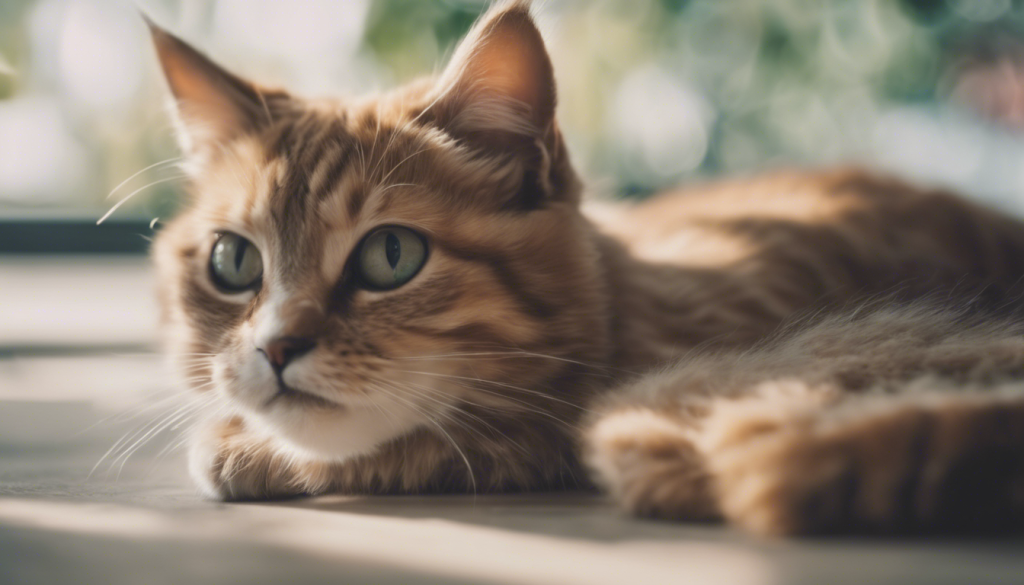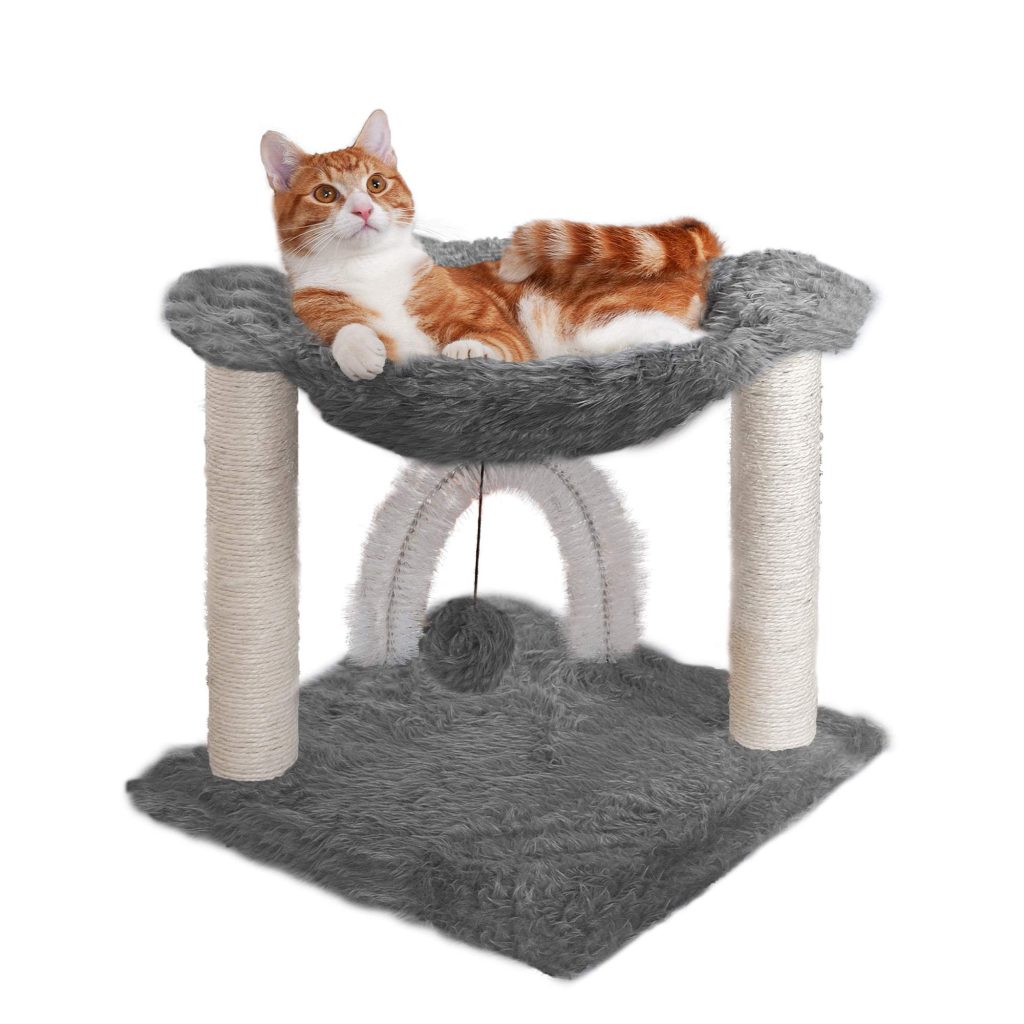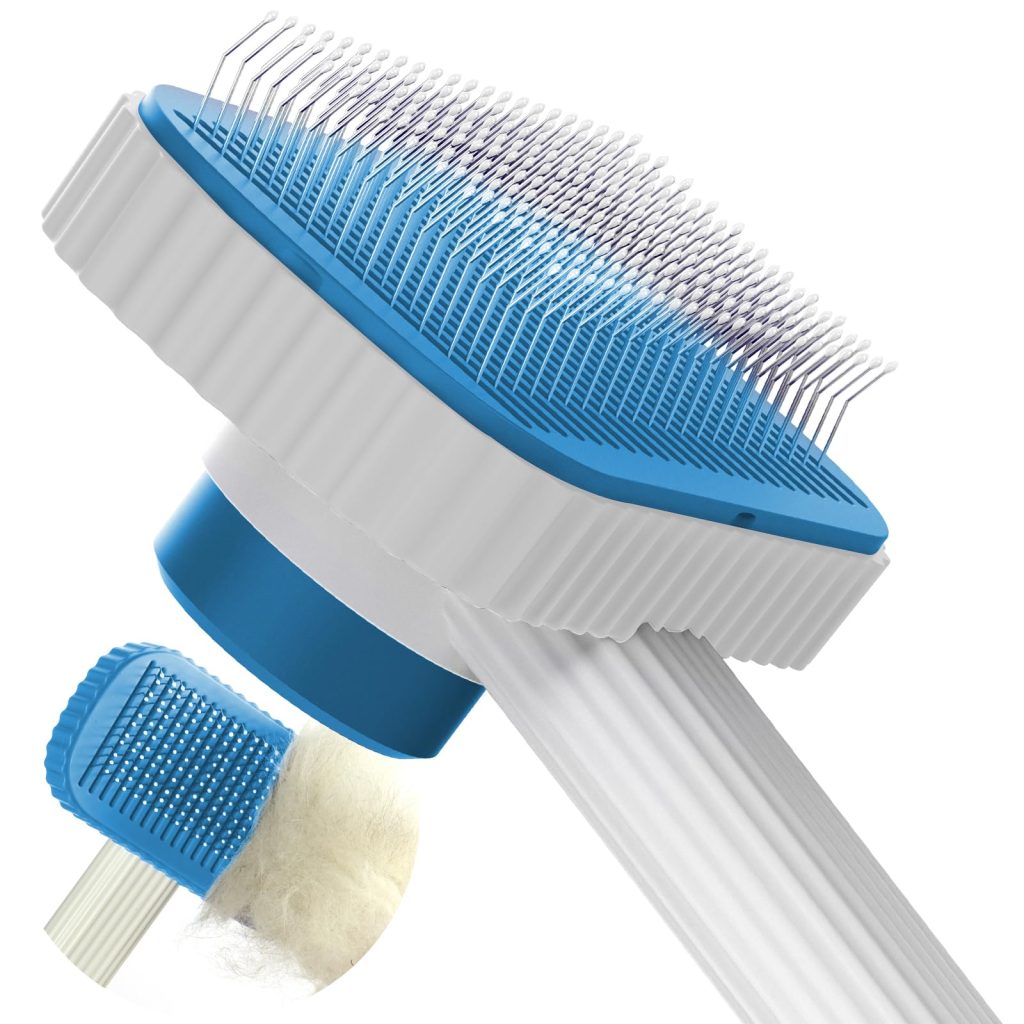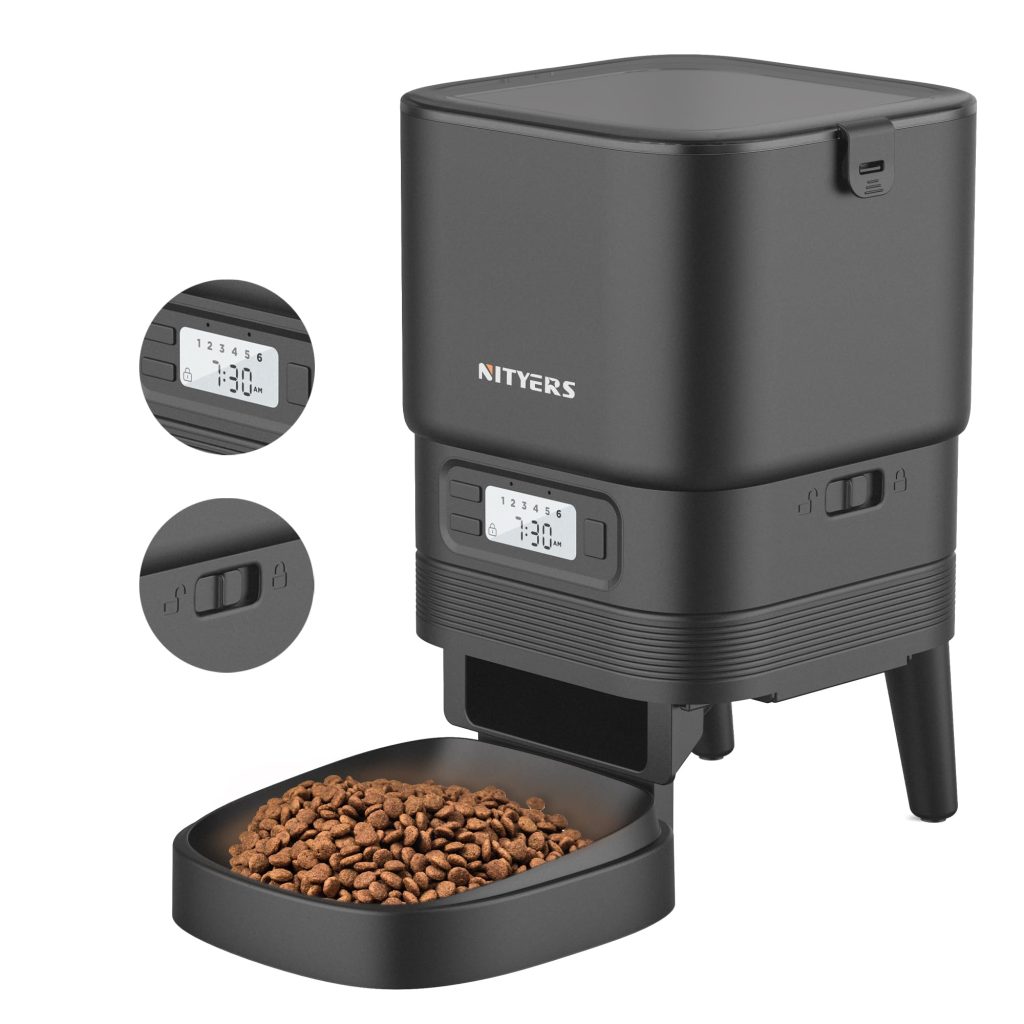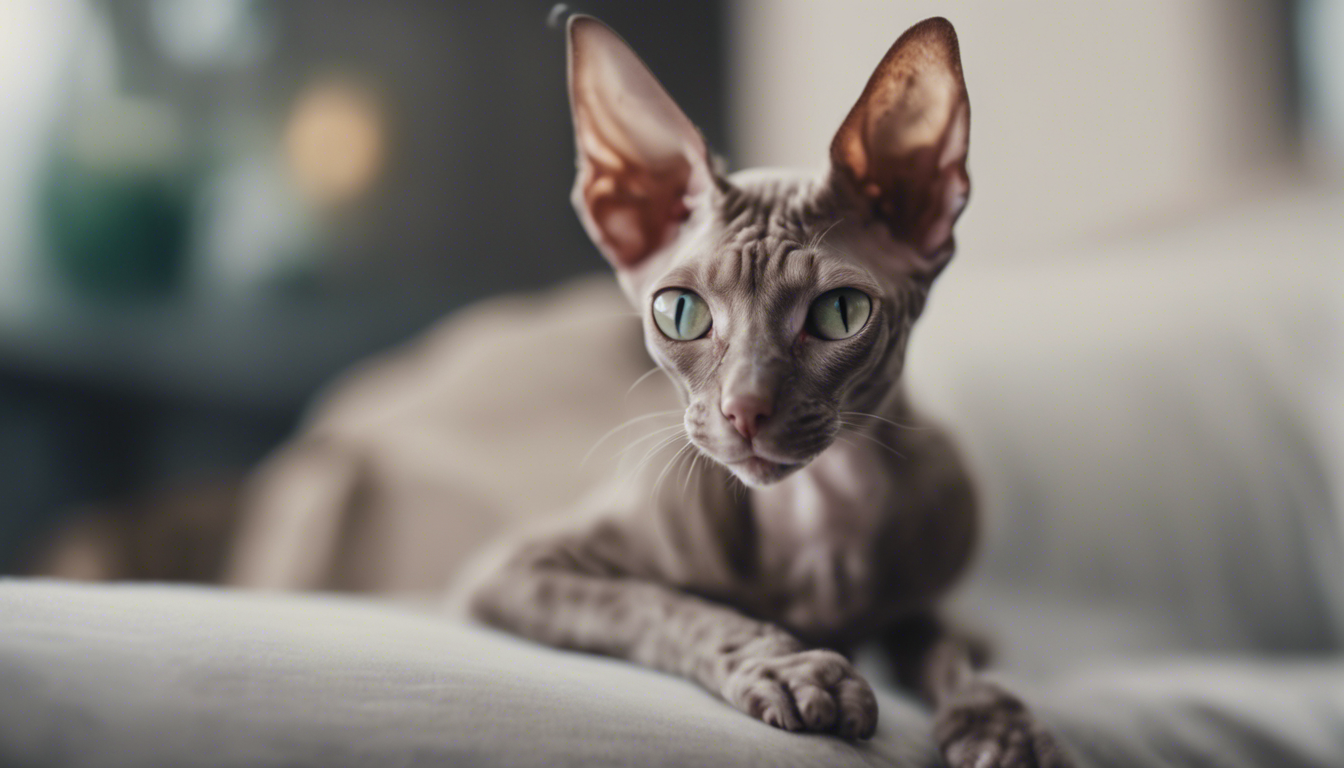
The Cornish Rex is a unique and charming cat breed known for its curly coat and active personality. Originating from Cornwall, England in the 1950s, this breed quickly gained popularity for its distinctive appearance and playful nature. In this article, we will delve into the various aspects of the Cornish Rex, including its breed-specific traits, strengths, weaknesses, and care guidelines.
Breed-Specific Traits
The most notable trait of the Cornish Rex is its curly coat, which is soft, wavy, and resembles lamb’s wool. Unlike other cat breeds that have three layers of fur, the Cornish Rex only has one layer, making it hypoallergenic and suitable for people with allergies. Their coat requires minimal grooming and rarely sheds, making it easier to maintain compared to long-haired cats.
Another unique trait of the Cornish Rex is its slender yet muscular body. Their small-to-medium-sized build gives them an elegant and graceful appearance. Despite their delicate appearance, these cats are surprisingly strong and agile, capable of remarkable jumps and acrobatic feats.
Strengths
One of the strengths of the Cornish Rex is its highly sociable nature. These cats are known for their affectionate and friendly behavior towards their owners and other pets. They enjoy being the center of attention and will often seek out human companionship.
Their high level of intelligence is another strength of the Cornish Rex. These cats are quick learners and can easily understand commands and tricks. They’re curious by nature and like to explore their surroundings, making them great companions for interactive playtime.
Weaknesses
One weakness of the Cornish Rex is its sensitivity to cold temperatures. Due to their lack of insulation in their coat, they may get chilly easily. It’s essential to provide them with warm bedding, especially during colder months, to keep them comfortable and cozy.
Another weakness is their susceptibility to sunburn. The Cornish Rex lacks fur on their ears, which makes them vulnerable to the sun’s harmful rays. If you plan on taking them outdoors, it’s important to apply pet-safe sunscreen on their ears and any exposed areas of skin.
Care Guidelines
Characteristics
- The average lifespan of a Cornish Rex is around 12 to 15 years.
- They have high energy levels and require regular playtime, exercise, and mental stimulation.
- These cats are indoor cats and should not be let outside unsupervised.
Temperament
The Cornish Rex is known for its playful, active, and affectionate nature. They enjoy interactive play sessions with their owners and are often described as “dog-like” in their loyalty. They get along well with children and other pets and adapt easily to new environments.
Exercise Needs
Due to their energetic nature, it is important to provide the Cornish Rex with regular exercise. Interactive toys, puzzle feeders, and scratching posts can help keep them physically and mentally stimulated. Playful activities such as fetch or hiding treats around the house can also keep them engaged.
Potential Health Issues
Cornish Rex cats are generally healthy, but they may be prone to certain health issues:
- Gastrointestinal problems: These cats can have sensitive digestive systems, so it is important to feed them a balanced and high-quality diet.
- Asthma: Some Cornish Rex cats may develop asthma or other respiratory issues. Avoid smoking around them and ensure a clean and dust-free environment.
- Dental issues: The Cornish Rex can be predisposed to dental problems, so regular dental care, including brushing their teeth or providing dental treats, is essential.
Grooming Requirements
The Cornish Rex has minimal grooming needs. Their curly coat does not require regular brushing, but occasional gentle combing with a soft brush can help remove loose hair and prevent matting.
Regular nail trimming, ear cleaning, and dental care are also essential to maintain their overall hygiene.
Dietary Recommendations
A well-balanced and nutritious diet is important for the overall health and well-being of the Cornish Rex. Feed them high-quality cat food this is appropriate for their age and activity level. It’s important to provide them with sufficient fresh water and avoid overfeeding to prevent obesity.
Consult with your veterinarian to determine the appropriate portion sizes and dietary requirements for your Cornish Rex based on their individual needs.
By understanding the breed-specific traits, strengths, weaknesses, and care guidelines of the Cornish Rex, you can provide them with a loving and enriching environment. Their affectionate nature, combined with their unique appearance, makes them a delightful addition to any family. Remember to prioritize their exercise needs, maintain their coat, address potential health issues promptly, and provide them with a nutritious diet for a long and healthy life with your Cornish Rex companion.


